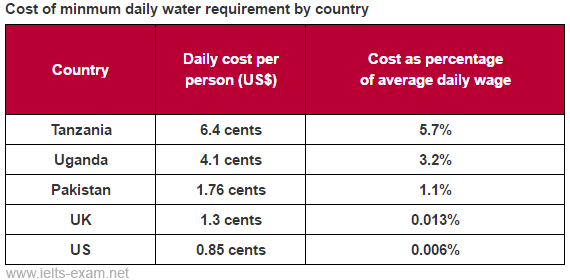Linking Words
You should ensure that you organise your ideas clearly by using a variety of linking words and phrases. This will help improve your Cohesion and Coherence scores.
Adding information
We use these expressions to give additional information:
Sequencing
Firstly, secondly and finally are used to order points in an argument:
First, next, after that and then describe the order of activities in a process:
Cause, reason, result
Because introduces the reason for something, and so introduces the result:
Therefore, consequently, so, thus, and as a result introduce the result of a situation or action:
We use because of, due to, on account of and owing to to introduce the reason for something:
We can use due to, on account of and owing to + the fact that with a clause:
Contrasting
We use but between two contrasting ideas:
Although can come at the beginning or in the middle of two contrasting ideas. We use a comma between the two clauses:
We use in spite of and despite + noun/-ing at the beginning or in the middle of two contrasting ideas:
We can use despite and in spite of + the fact that with a clause:
Giving examples
We use these expressions to link two clauses that give the same information in a different way or to give examples:
Grammar exercise
Complete the answer to the Writing task below by choosing the correct linking words from the box and adding the relevant figures from the table.
The table below gives information about the daily cost of water per person in five different countries. (Figures are based on the minimum daily requirement per person of 11.5 litre.)
Write a report for a university lecturer describing the information below.

The table compares the amount people have to pay for their minimum daily water in five countries. It shows the percentage of the average daily wage this represents in each place.
, we can see that Tanzania and Uganda have the highest daily water costs the UK and US have the lowest. This means, , that Tanzanians pay cents, Americans pay a mere cents for the same amount of water. These differences are even greater when we consider the percentage of the average daily wage this cost represents. In Tanzania and Uganda, the cost is significant, representing and . In the UK and US, , the cost is only a tiny fraction of the daily wage at and . And, the daily cost of water in Pakistan being similar to that in the UK, it represents as much as of the daily wage.
, the table shows that there are huge differences between the cost of water in the developing countries and the industrialised west.